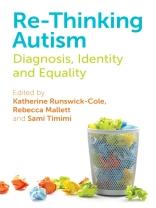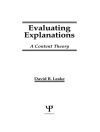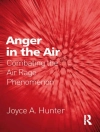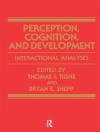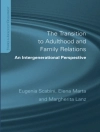Challenging existing approaches to autism that limit, and sometimes damage, the individuals who attract and receive the label, this book questions the lazy prejudices and assumptions that can surround autism as a diagnosis in the 21st Century.
Arguing that autism can only be understood through examining ‘it’ as a socially or culturally produced phenomenon, the authors offer a critique of the medical model that has produced a perpetually marginalising approach to autism, and ex...
Содержание
Introduction. Katherine Runswick-Cole, Rebecca Mallett and Sami Timimi. Part 1. What is autism? 1. Understanding this thing called autism. Katherine Runswick-Cole. 2. Wha...
Купите эту электронную книгу и получите еще одну БЕСПЛАТНО!
язык английский ● Формат EPUB ● страницы 336 ● ISBN 9781784500276 ● Размер файла 0.9 MB ● Возраст 22-99 лет ● редактор Sami Timimi & Rebecca Mallett ● издатель Jessica Kingsley Publishers ● город London ● Страна GB ● опубликованный 2016 ● Загружаемые 24 месяцы ● валюта EUR ● Код товара 5456767 ● Защита от копирования Adobe DRM
Требуется устройство для чтения электронных книг с поддержкой DRM
